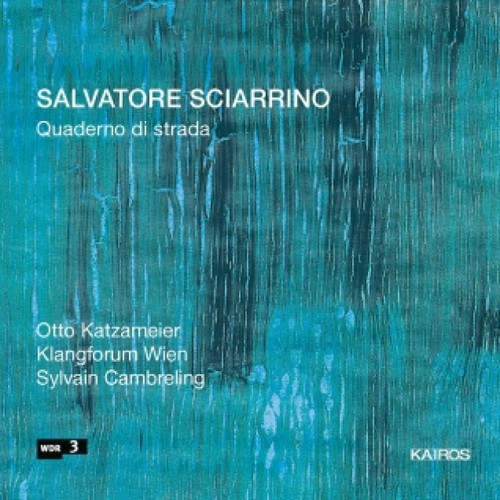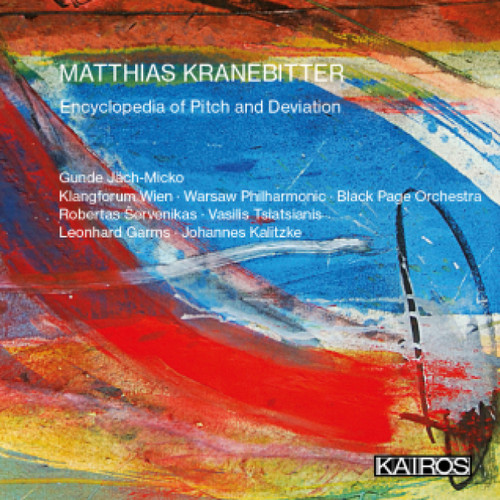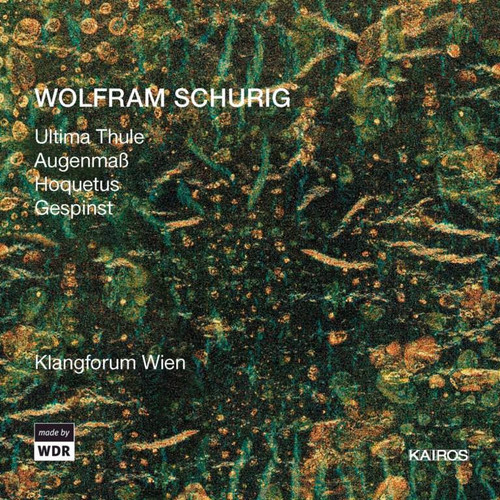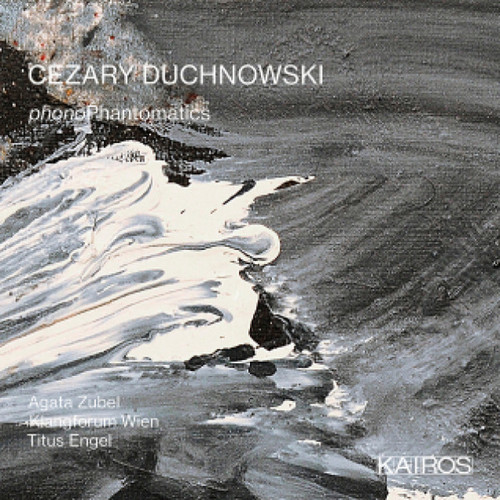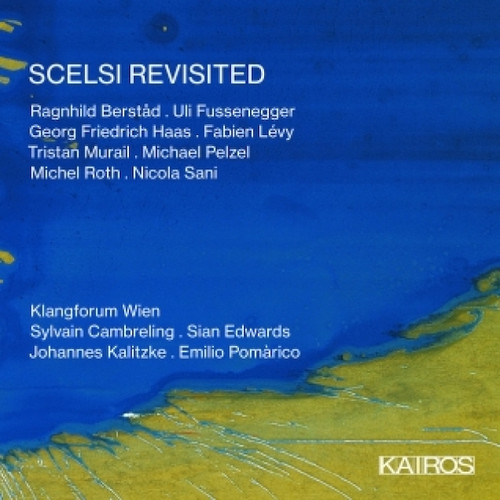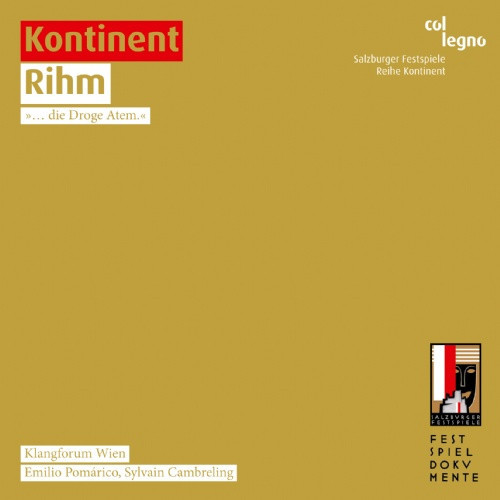Klangforum Wien
Quaderno Di Strada
"Sciarrino is an important, and distinctive, figure in the Italian avant-garde. The present work is a setting of thirteen brief texts (its subtitle is ’12 canti e un proverbio’, twelve songs and a proverb) for baritone and 14 instrumentalists – the booklet notes say fifteen, but only fourteen are named. It puts before its hearer fragmentary, skittering sounds, sudden changes of dynamics, as sounds loom out of silence and disappear just as quickly. There are fluttery, fugitive sounds, repetitive …
Encyclopedia of Pitch and Deviation
Matthias Kranebitter has written the odd piece without electronics in the past. However, the use of electronics in his music usually is a given. At the same time, the way in which electronics are employed in his work is anything but a matter of course. They are not simply an instrument amongst others, they don't serve as an atmospheric background, a synthesized ear-tickler, or formal glue which is meant to cover up fractures within the musical material. Rather, they themselves embody such fractu…
Ultima Thule
One could take Wolfram Schurig's Ultima Thule for five ensembles, a work whose mere instrumentation in-vokes that utopian place which, according to the composer, should automatically be the goal of any authentic artistic activity, as a motto for Wolfram Schurig‘s entire compositional œuvre. In ancient Greece, the name Thule referred to the northern-most part of the world, whose accessibility and actual existence, however, remained uncertain. Since Virgil, th…
PhonoPhantomatics
Cezary Duchnowski, although perceived as a specialized composer with consciously chosen specialization, is very open to extremely versatile activity in the musical field. Apart from absolute music, he’s also keenly interested in relations between music and the word, music and theatre (or rather performance art) as well as visual arts in the wide sense. What he aims at with this kind of syncretism is a genuine interaction of various media. In his musical activity, he explores various areas of the…
Scelsi Revisited
In the project Scelsi Revisited the tape material is for the first time reflected in the medium of art: seven composers (Ragnhild Berstad, Georg Friedrich Haas, Fabien Lévy, Tristan Murail, Michael Pelzel, Michel Roth, Nicola Sani) were commissioned by Klangforum Wien to create new works from Scelsi’s tape music; Uli Fussenegger had prepared data packages consisting of excerpts from two to three tapes each, which Scelsi apparently had not used for the elaboration of definitive works, the latter …
Kontinent
2012 release ** "Number 4 of the Salzburg Festival “Kontinent” series was dedicated to Wolfgang Rihm. We have compiled a selection of the works for your conven- ience – including a first recording! Wolfgang Rihm once claimed that the most appropriate statements about his oeuvre are his own compositions. In 2010 the Salzburg Festival adopted this approach. The result was a “Kontinent Rihm” which placed the manifold tone colors and modes of expression created by the former Stockhausen student into…
